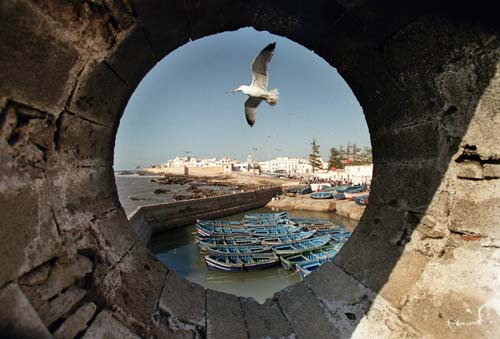Between now and the opening of the Fes Sacred Music Festival 2008 we will bring you background information on some of the stand-out performers. Top of the list is Mari Boine - whose voice has to be heard to be believed. She is performing Sunday 8 June at the Batha Museum 16:30 in a program called Sacred Songs of Scandinavian Far North.

Mari Boine Persen is a Norwegian Sami musician known for having added jazz and rock to the yoiks of her native people. Boine (born 8 November 1956 in Finnmark, Norway) grew up amid the Laestadian Christian movement as well as amidst discrimination against her people. She was asked to perform at the 1994 Winter Olympics in Lillehammer, but refused because she perceived the invitation as an attempt to bring a token minority to the ceremonies. Gula Gula - Hear the voice of the tribe's Mother 1989, (Real World) was her breakthrough release, and she continued to record popular albums throughout the 1990s.

Mari Boine's music is dominated by her strong and urgent voice, plus a few carefully selected instruments from people all over the world, notably the native South Americans, chosen in part due to their history of even harsher colonization. Most distinctive is her drum. She uses an African drum, but the combination of drum and voice goes back to ancient Sami culture and pre-Christian shamanism.
"The colonizers brought Christianity and told the Sami they had to forget their primitive religion - and music was part of that religion. A lot of people of my parent's generation don't accept the music, they say it's devil's music and what you sing when you're drunk - the colonizers also brought alcohol. When I started to use a drum some people got worried and said, 'Is she a Shaman?' So I decided I couldn't use a Sami drum."
"I think your voice is a mirror of your soul and how you feel inside. When I began I was singing pop songs and ballads and didn't sing from the heart. Over the last ten years I've been fighting this feeling of being inferior to Norwegian or western people and my voice got stronger as I decided I wouldn't let anyone oppress me and that I have a value as Sami. Western culture makes a distance between you and your body or heart. In Sami culture you think of everything as a whole."
Tags: Moroccan Morocco Fes, Maghreb news
